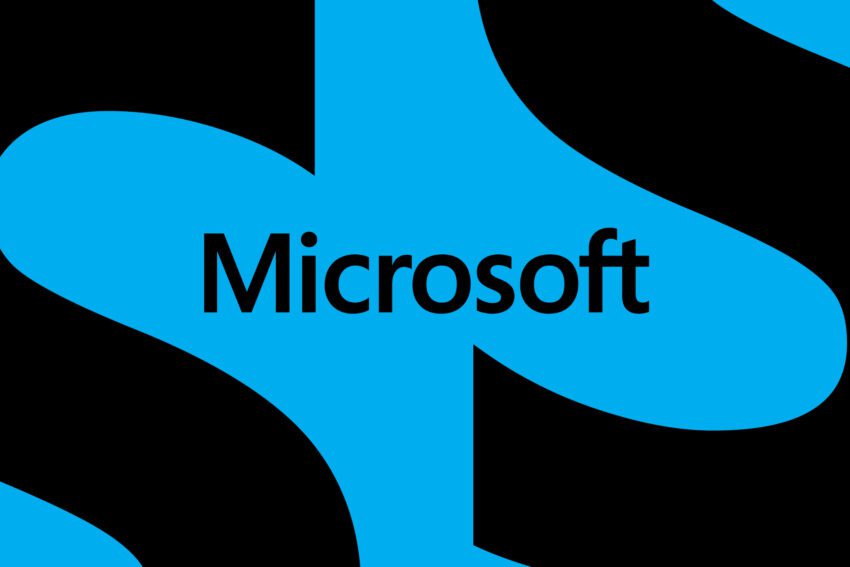
xbox hardware sales continue to tank Microsoft’s Xbox hardware sales have continued to decline, raising concerns about the future of its gaming division as the company navigates a challenging economic landscape.
xbox hardware sales continue to tank
Declining Xbox Hardware Sales
In its recently released Q1 2026 earnings report, Microsoft revealed a staggering 29 percent year-over-year decline in Xbox hardware revenue. This follows a 22 percent drop in the previous quarter and a 42 percent decrease in Q4 2024. The trend paints a concerning picture for the gaming giant, indicating that the Xbox brand is struggling to maintain its foothold in a competitive market.
The decline in sales can be attributed to several factors, including rising tariffs and inflation, which have compelled Microsoft to increase the prices of its gaming hardware. The Xbox Series X, for instance, now starts at $599.99, a significant jump that could deter potential buyers. This price adjustment reflects broader economic pressures affecting consumer spending habits, particularly in the gaming sector, where discretionary spending is often the first to be cut during economic downturns.
Microsoft’s Strategic Shift
In response to the declining hardware sales, Microsoft has shifted its focus away from traditional console sales to a more expansive “Xbox everywhere” strategy. This approach aims to broaden the Xbox ecosystem beyond just hardware, emphasizing cloud gaming, subscriptions, and digital content. While this strategy has shown some success in terms of content and services, revenue growth in this area has been modest, with only a one percent increase year-over-year.
Content and Services Performance
Despite the overall flat growth in content and services, Microsoft is keen on enhancing its offerings in this sector. The company has set ambitious goals, reportedly aiming for a dramatic 30 percent profit margin. However, this pursuit has led to significant organizational changes, including layoffs and the cancellation of various projects. These moves indicate a willingness to streamline operations in an effort to boost profitability, even as hardware sales continue to falter.
Looking ahead, Microsoft’s outlook for Q2 remains cautious. The company anticipates that Xbox hardware revenue will continue to decline, while content and services are expected to experience low-single-digit growth. This projection underscores the challenges Microsoft faces in revitalizing its gaming division amidst a shifting market landscape.
Comparative Performance of Other Segments
While Xbox hardware sales are struggling, other segments of Microsoft’s business are performing better. The company reported a 6 percent year-over-year increase in revenue from Windows OEM and Devices. However, it is worth noting that Microsoft has ceased reporting Surface earnings separately, leaving uncertainty about the performance of those devices, which had been on a steady decline for several years.
The Cloud Services Boom
In stark contrast to the challenges faced by the Xbox division, Microsoft’s Azure and cloud services have emerged as the driving force behind the company’s overall growth. The intelligent cloud services segment saw a remarkable 28 percent year-over-year revenue increase, reaching $30.9 billion, with Azure specifically growing by an impressive 40 percent. This growth trajectory highlights the increasing demand for cloud-based solutions and the company’s successful positioning in this market.
Overall, Microsoft’s cloud revenue reached $49.1 billion, marking a 26 percent increase from Q1 2025. The steady growth of Azure and other cloud divisions has been a significant contributor to Microsoft’s financial success, allowing the company to offset declines in other areas, such as gaming hardware.
Financial Overview
In total, Microsoft reported $77.7 billion in revenue for the quarter, reflecting an 18 percent increase compared to the same period last year. The company’s net income also saw a positive trajectory, reaching $27.7 billion, which is a 12 percent increase. While these figures are encouraging, they are largely driven by the robust performance of Microsoft’s cloud offerings.
Additionally, Microsoft’s productivity and business processes segment continues to account for a significant portion of its income, contributing $33 billion. This diversification in revenue streams has allowed Microsoft to maintain overall financial health, even as specific divisions, like Xbox hardware, face challenges.
Market Implications
The ongoing decline in Xbox hardware sales raises several implications for Microsoft and the broader gaming industry. As the company pivots towards a more service-oriented model, it may need to reassess its strategies to ensure long-term sustainability. The shift to cloud gaming and subscription services could represent a fundamental change in how consumers engage with gaming, but it also poses risks if hardware sales continue to dwindle.
Moreover, the competitive landscape is evolving rapidly. Companies like Sony and Nintendo are also adapting to changing consumer preferences and economic conditions. As these competitors innovate and introduce new offerings, Microsoft will need to remain agile and responsive to maintain its market position.
Stakeholder Reactions
Investor reactions to Microsoft’s earnings report have been mixed. While the overall financial health of the company appears strong, concerns about the declining Xbox hardware sales have prompted some analysts to question the long-term viability of the gaming division. Investors are closely monitoring how Microsoft plans to navigate these challenges and whether its strategic shift will yield the desired results.
Additionally, gamers and industry enthusiasts are expressing their opinions on social media and forums. Many are concerned about the implications of rising hardware prices and the potential impact on accessibility for casual gamers. The shift towards a subscription-based model may appeal to some, but it also raises questions about the future of traditional gaming experiences.
Conclusion
As Microsoft grapples with declining Xbox hardware sales, the company’s strategic pivot towards cloud gaming and digital services represents both an opportunity and a challenge. While the robust growth of Azure and cloud services provides a cushion, the gaming division’s struggles highlight the need for a comprehensive approach to regain momentum in the market. Moving forward, Microsoft’s ability to adapt to changing consumer preferences and economic realities will be crucial in determining the future of its gaming ecosystem.
Source: Original report
Was this helpful?
Last Modified: October 30, 2025 at 4:38 am
2 views














